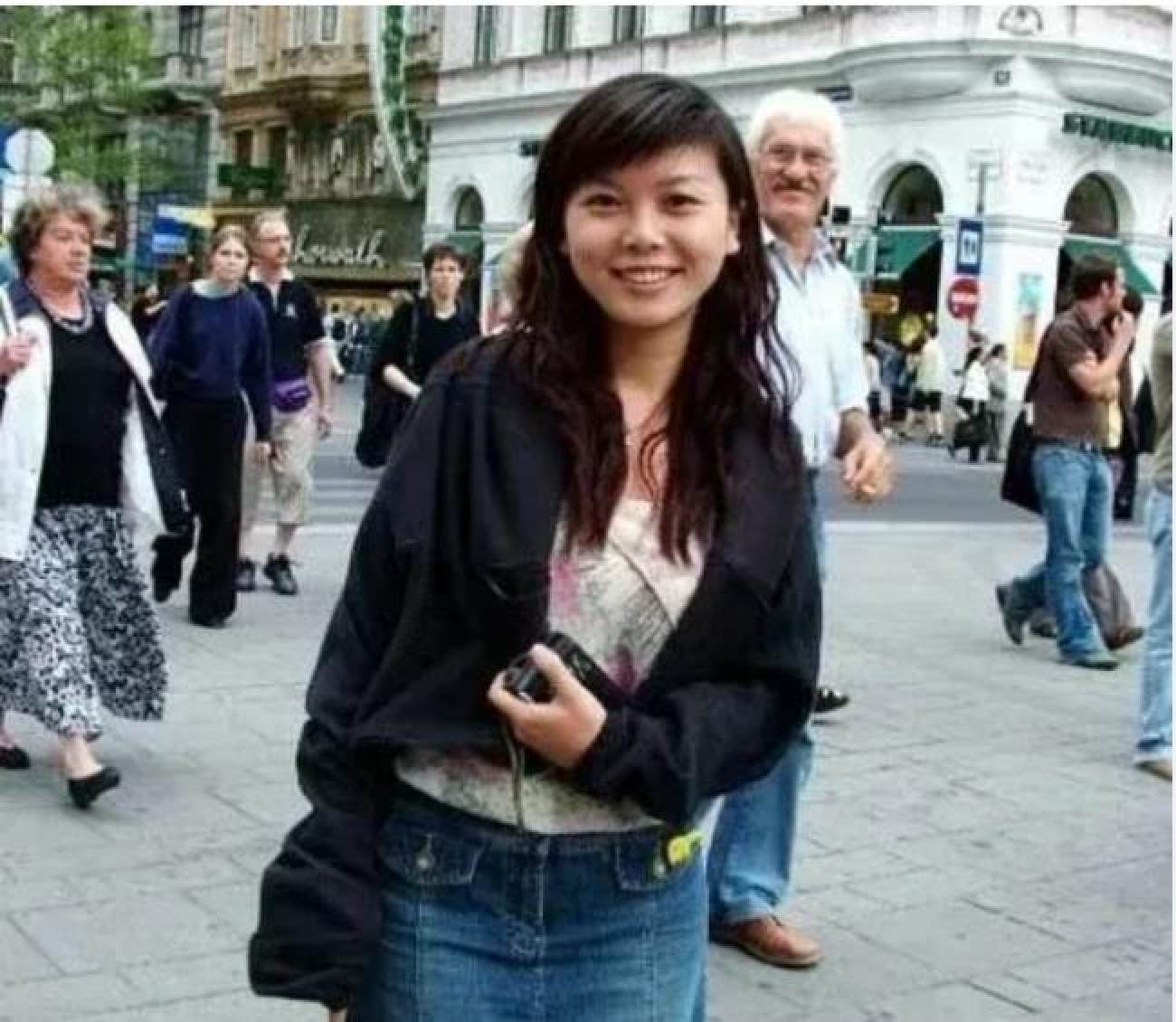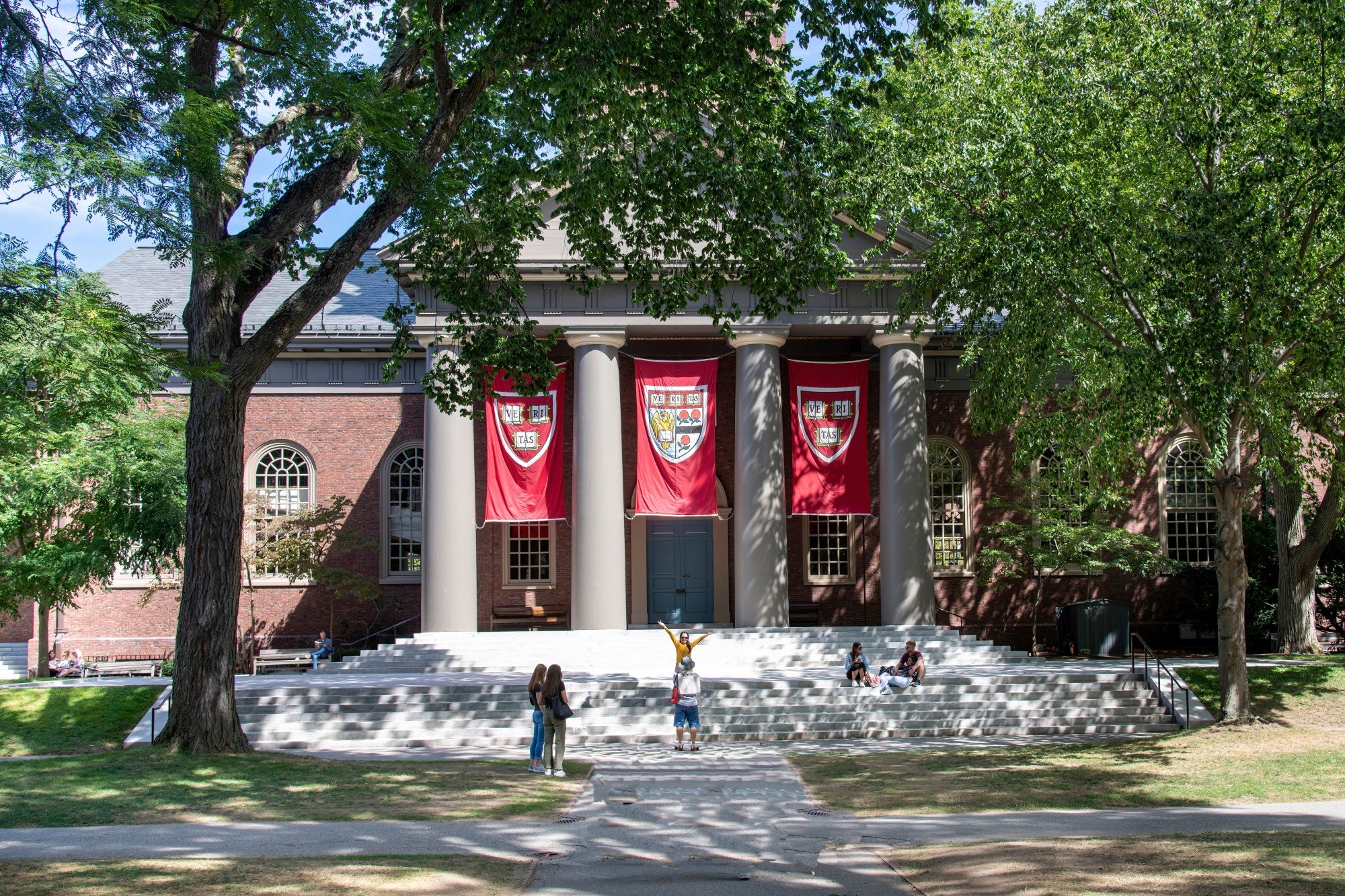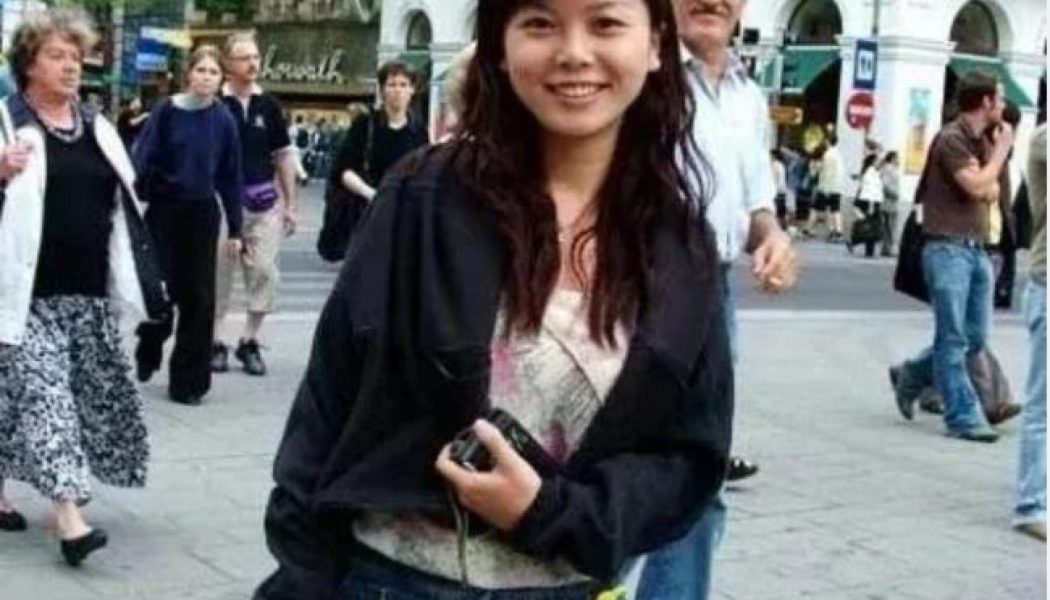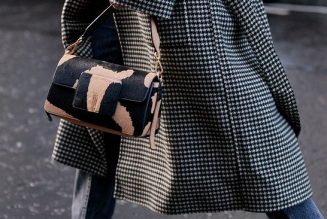In 1999, after she graduated from the esteemed Chengdu Foreign Languages School in southwestern China’s Sichuan province, she was accepted into Harvard University to study applied mathematics and economics on a full scholarship.

Ivy League universities were known about in China, but few undergraduate students chose to study there. Many did not even know it was an option.
So, when Liu’s mother and stepfather published a book titled Harvard Girl telling their daughter’s story and the part they played in her education, it became a national sensation.
The book sold more than 2 million copies in China, and hatched an obsession among Chinese parents to send their sons and daughters to American universities.
It also spawned a new parenting style known as jiwa, or “chicken blood parenting”, in which parents aggressively pressure their children to excel academically.
However, there has been a backlash in recent years, with Liu’s parents’ methods increasingly criticised and even called “extreme”.
One example revealed in the book is a method intended to build Liu’s resilience, which involves touching ice.
She said she once kept her fingers on a frozen cube for eight minutes, proudly describing it as a “big win” when at first she felt “excruciating pain” and then “complete numbness”.
Liu’s LinkedIn page shows that, after graduating from Harvard in 2003, she worked at the Boston Consulting Group and PepsiCo.
In 2016, she became the chief operating officer at investment management company Coalescence Partners.
She married fellow Harvard student Scott Sambur, who was a partner in the law firm Seward & Kissel until last year.
On mainland social media, some people have expressed disappointment that Liu has become “ordinary American middle-class”, contrary to their expectations for her to make greater achievements and contributions.
Others said Liu’s life was exactly how they pictured success, which they defined as more than just achieving an affluent lifestyle.
“Success is not about getting into the top universities and earning a lot of money. It is about having the freedom to be oneself and living a happy and peaceful life,” one person said on Weibo.
China sent 8 million students overseas between 1978 until the end of 2021, and 5.5 million returned to the country after graduation.

With unemployment among the 16-24 age group at an all-time high, returning overseas students, known as hai gui, increasingly find their degrees no longer an advantage among jobseekers. Hai gui, which means “sea turtle”, is a mainland slang term for Chinese who have returned to the country after having studied abroad.
On mainland social media, more parents say they are rejecting the jiwa style of parenting.
One mother, on the social media platform Xiaohongshu, said her primary school-aged son had “lost the light in his eyes after I pushed him to study. I gave up on jiwa. I will let my child be himself”.









